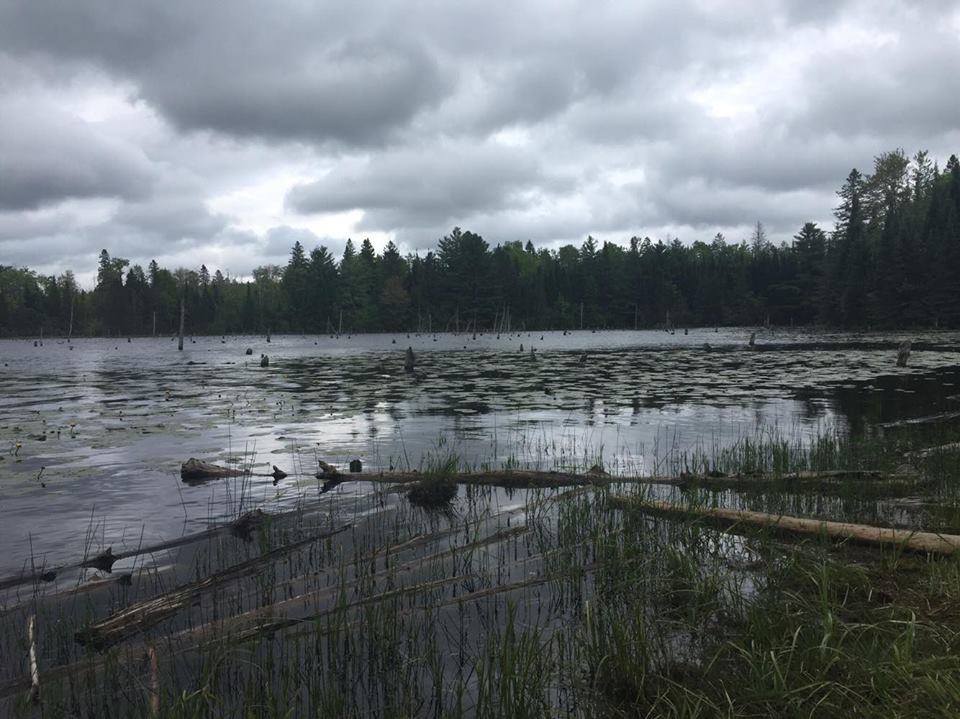On Tuesday, the Environmental Protection Agency formally moved to initiate a repeal on the Obama-era regulation of small waterways.
The proposal, which has long been touted by Trump administration officials, would diminish the jurisdiction of the federal government. The EPA would be bound by a guidance document written in 2008, which determines which waterways might be at risk for pollution and increased oversight.
The proposal is expected to be the first of many, leading to a fulfilment of Donald Trump’s campaign promise to roll back the 2015 ‘waters of the United States’ regulation.
Republicans and industry lobbyists have long been critical of the rules, saying they hurt farmers and developers by subjecting them to ‘costly and time-intensive federal permitting for everyday activities like moving soil.’
EPA administrator Scott Pruitt said in a statement Tuesday that an accepted proposal would “provide clarity” by “withdrawing” the rule and returning to the standards enforced in 2008.
Pruitt also promised to recuse himself from pending litigation related to his agency’s jurisdiction on American waterways.
The move, supported by some industrialist and agricultural special interests group, is raising eyebrows and concern among environmental watchdogs.

Scott Pruitt has been a controversial figure since his appointment. Working as the Attorney General of Oklahoma before being nominated to the role of EPA administrator by Donald Trump, Pruitt had accrued a poor reputation among water, wildlife, and wilderness protection organizations.
During his tenure as Attorney General, Pruitt sued the Environmental Protection Agency over a dozen times, often backing natural gas and energy corporations in Oklahoma. He was also a vocal opponent of the federal government’s efforts to clean up the mid-Atlantic’s Chesapeake Bay, which is among the most polluted waterways in the United States.
Even then, he was critical of the EPA regulation he’s now seeking to rolled back – he filed a lawsuit against the agency then, too, saying the rule “usurps” state authority, “unlawfully broadens” the definition of waterways, and imposes “numerous and costly obligations” on landowners.
According to The Washington Post, the current rule ‘covers wetlands adjacent to either traditional navigable waters or interstate waters, as well as streams serving as tributaries to navigable waters.’
The regulation is relatively sweeping, covering wetlands and tributaries which are ‘relatively permanent,’ meaning they may dry out for a portion of every year but still be protected.
Donald Trump signed an executive order in February, demanding that the EPA and Army Corps of Engineers revisit the regulation. He posited the action as “paving the way for the elimination of this very destructive and horrible rule.”
Sources
EPA moves to repeal Obama water rule
Trump administration to propose repealing rule giving EPA broad authority over water pollution


Join the conversation!